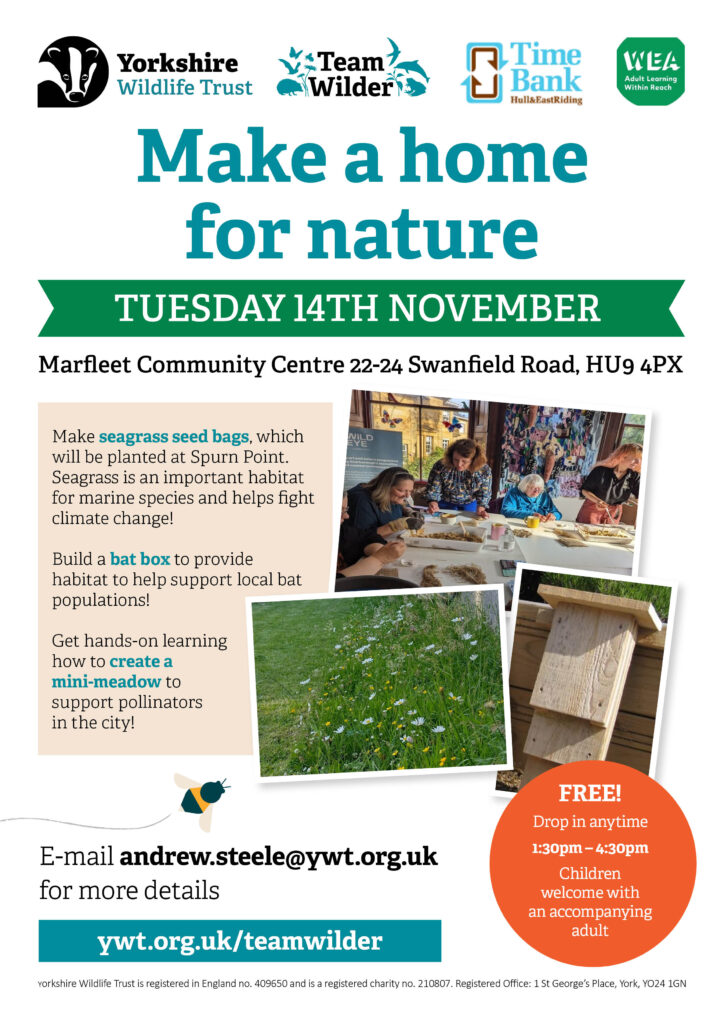So what is COP28 anyway?
All this month we have been hearing in the media about COP 28 in Dubai. But what is COP? What happens there? And is there anything we can meaningfully do to contribute whilst it is running?
MWN have had a little look for useful resources on understanding COP 28, and how it is organised and run, and what positive actions we can take to support its goals.
The Nature Conservancy has a really good primer and refresher on the paricipants and goals of COP28. Read their take on the meeting here.
Rainforest Alliance has an interview style piece that covers the main themes in a conversational format here.
The policy insitute Chatham House (of the “Chatham House Rule”) has a bit of a deeper dive into the questions that COP28 is going to try to solve here.
But what can you do?
The Church of England has some guidance (that is equally useful to those who are more secular!) that has some really great points. Check out their article here. There are two great solid actions you can take though. A summary of them is shown below:
You can write to your MP
The UK delegation will have a stronger platform to negotiate from if they know that people back in the UK want to see radical change and bold decision making.
You can raise awareness
Try to find a way to talk about this big issue in a way that makes it relatable for the person you are speaking to. For example, if they love beach holidays you could explain about how sea level rise will impact our coasts or if they care about their food, maybe discuss how food production and supply chains are being disrupted by unreliable and more extreme weather.

